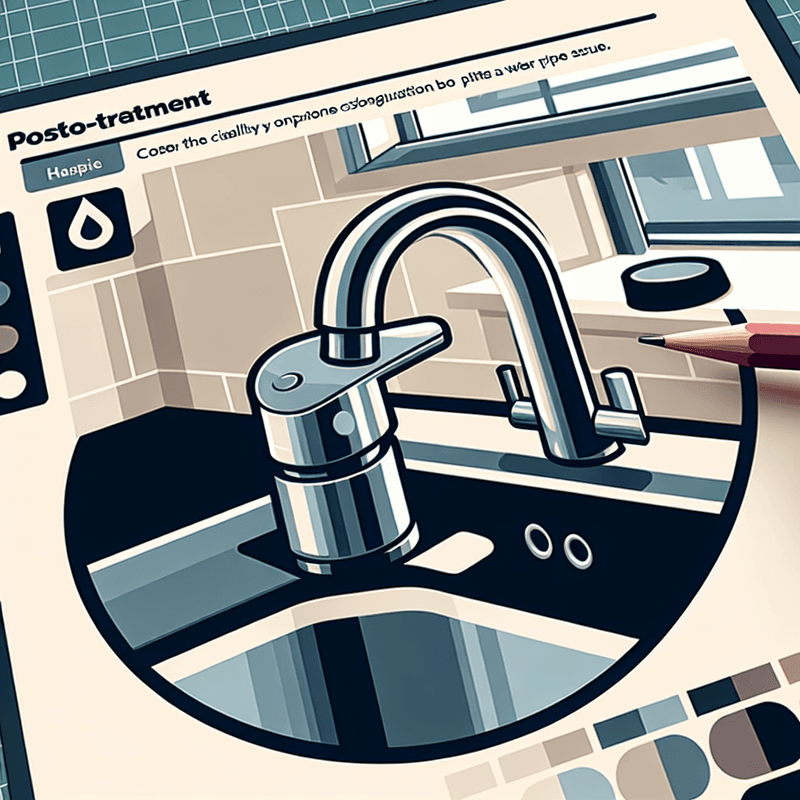When maintaining a residential or commercial property, certain aspects of plumbing and drainage might not immediately come to mind as priority areas. However, neglecting these can lead to significant issues down the line. One such often-overlooked component is the interceptor, a crucial system designed to trap harmful substances before they enter the main drainage network. This blog post dives into the importance of regular interceptor cleaning and maintenance, detailing common problems that may arise, how to identify them, and how to address these issues effectively.
Why Interceptor Cleaning is Essential
Interceptors, also known as grease traps or oil separators, are installed in drainage systems to catch fats, oils, grease, and other debris before they enter wastewater systems. These units are vital in preventing blockages and pollution, ensuring that only clean water flows into sewers or treatment plants. Without regular cleaning, interceptors can become overwhelmed with contaminants, leading to a myriad of plumbing woes.
Common Signs Your Interceptor Needs Attention
1. Unpleasant Odours
One of the first signs that an interceptor needs cleaning is the presence of bad smells emanating from the drains. These odours are caused by the buildup of decomposing organic materials trapped within the unit.
2. Slow Drainage
If sinks and drains in your property are draining slower than usual, this could indicate that your interceptor is reaching its capacity and needs to be emptied.
3. Visible Grease and Oil
Observing oil or grease in nearby water bodies or on the surface of your drainage points suggests that your interceptor is no longer effectively trapping these substances.
4. Overflowing
In extreme cases, interceptors that haven’t been cleaned for an extended period can overflow, causing environmental pollution and possible legal repercussions.
How to Maintain Your Interceptor
- Regular Inspection and Cleaning: Depending on the usage and size, the frequency of cleaning can vary from monthly to annually. High-traffic commercial kitchens may require more frequent cleaning compared to residential properties.
- Proper Waste Disposal Practices: Educate all users of your property on the importance of not disposing oils, grease, and large food particles down the drains. This can significantly reduce the rate at which your interceptor fills up.
- Professional Maintenance Checks: While regular user cleaning is crucial, professional checks are also necessary to ensure all components of the interceptor are functioning correctly and to perform deeper cleaning that might not be possible through regular means.
DIY Interceptor Maintenance Tips
While professional cleaning is recommended for thorough maintenance, there are several things property owners can do to maintain the efficiency of their interceptors:
- Regular Monitoring: Keep a record of when you last cleaned your interceptor and regularly check for signs of overflow or blockages.
- Use Bacterial Additives: These products can help break down the fats and oils naturally, reducing the need for frequent physical cleaning. However, make sure the additives are suitable for your type of interceptor and are environmentally friendly.
- Clearing Small Blockages: For minor blockages, you can use tools like plungers to clear the affected drains. However, this should be done cautiously to avoid pushing the blockage deeper into the system.
When to Call a Professional
Certain interceptor issues should only be handled by professionals, including:
- Overflows and Severe Blockages: These problems often require specialised equipment and techniques to resolve without causing further damage or pollution.
- Annual Maintenance: It’s advisable to have a professional inspection and cleaning annually, even if there are no apparent issues, to ensure your interceptor remains in optimal working condition.
- System Upgrades: If your interceptor frequently has problems despite regular maintenance, it may be undersized or outdated for your current needs. A professional can assess and recommend appropriate upgrades.
Long-Term Prevention Strategies
Ensuring the longevity and efficiency of your interceptor system also involves some long-term strategies:
- Regular Updating of Equipment: As your property’s usage changes, periodically reassessing your interceptor's capacity and condition can pre-empt many problems.
- Educating Tenants or Employees: Consistent education on the importance of proper waste disposal and the impact of non-compliance on the plumbing system helps maintain discipline in waste handling.
- Establishing a Maintenance Routine: Make interceptor maintenance part of your regular property management routine. Create a schedule and stick to it, adjusting only when needed based on usage changes.
Conclusion
Regular cleaning and maintenance of interceptors are not just about compliance with local regulations; they are critical for preventing plumbing emergencies and environmental damage. Being proactive in monitoring and maintaining your interceptor system can save you from costly repairs and penalties in the future. If you're unsure about the current state of your interceptor, consider scheduling a professional evaluation to ensure it continues to function effectively and efficiently.





